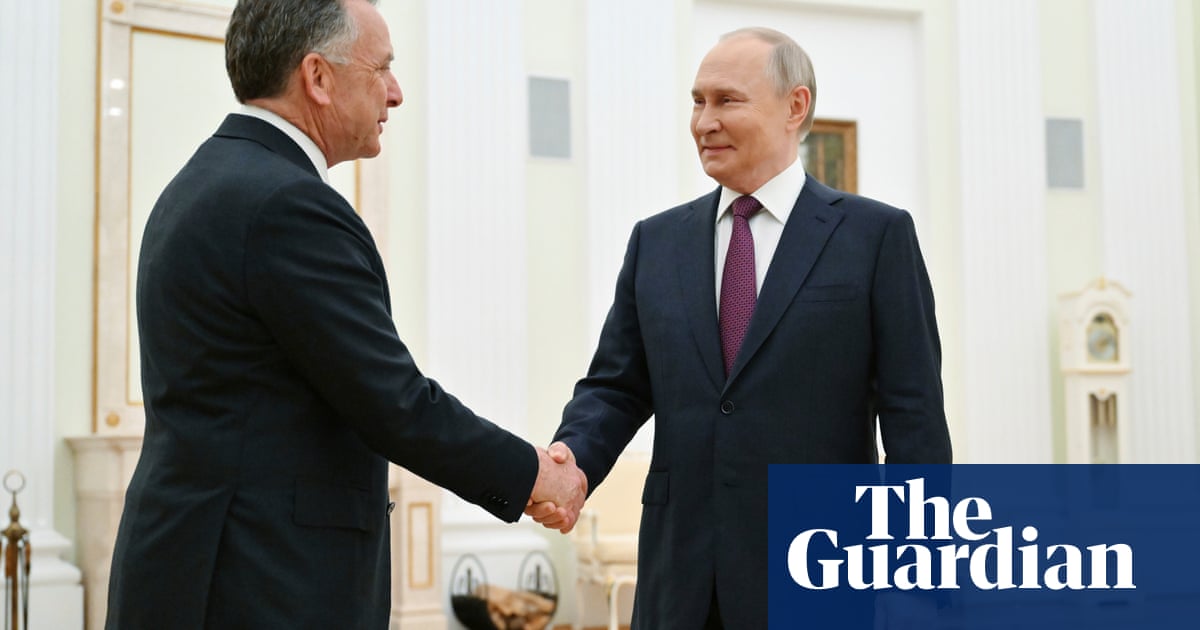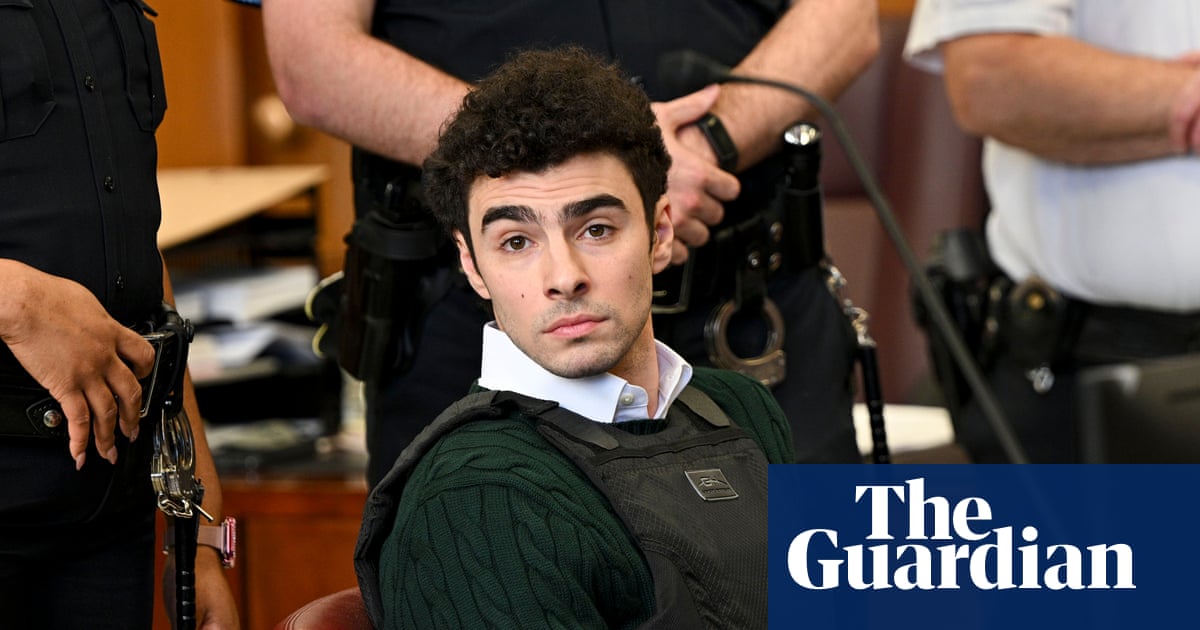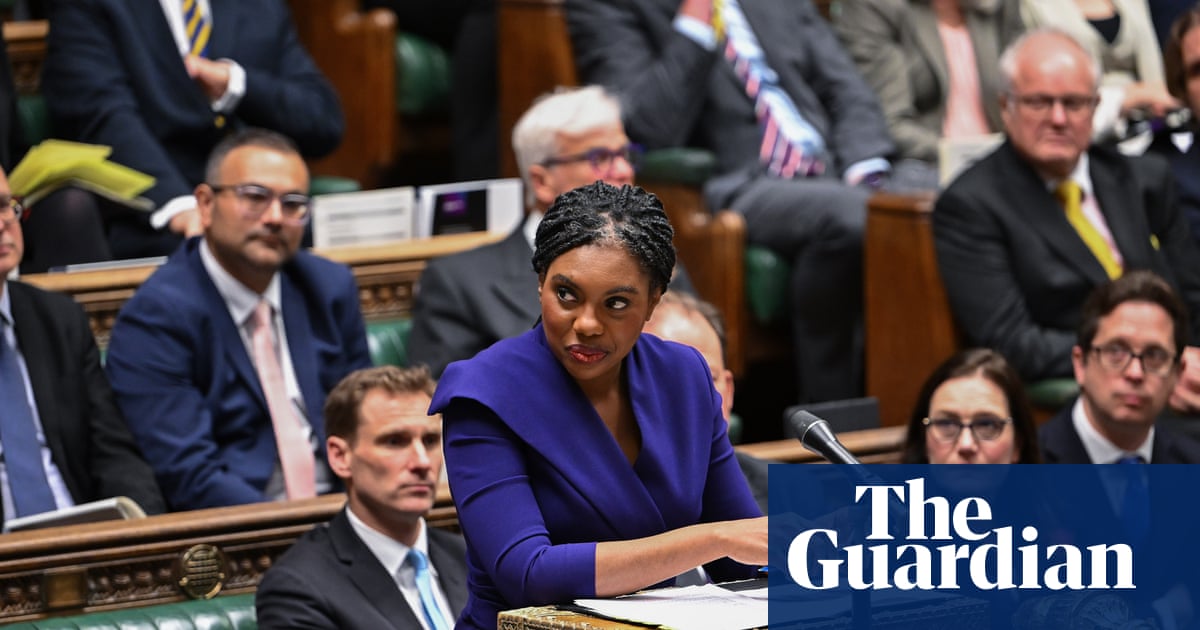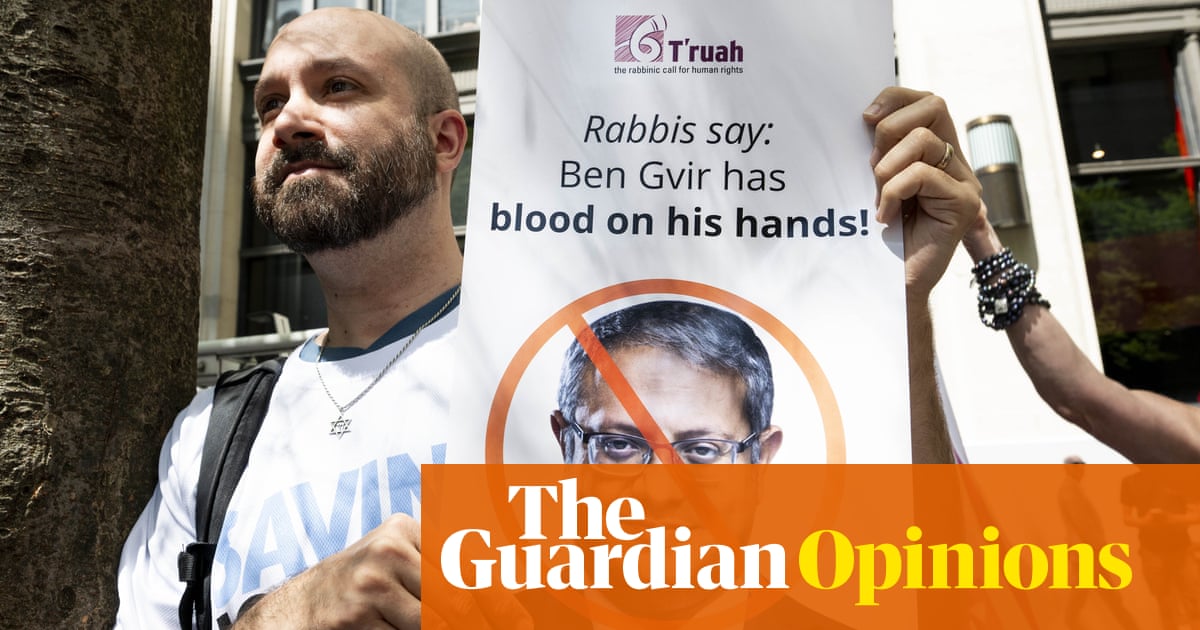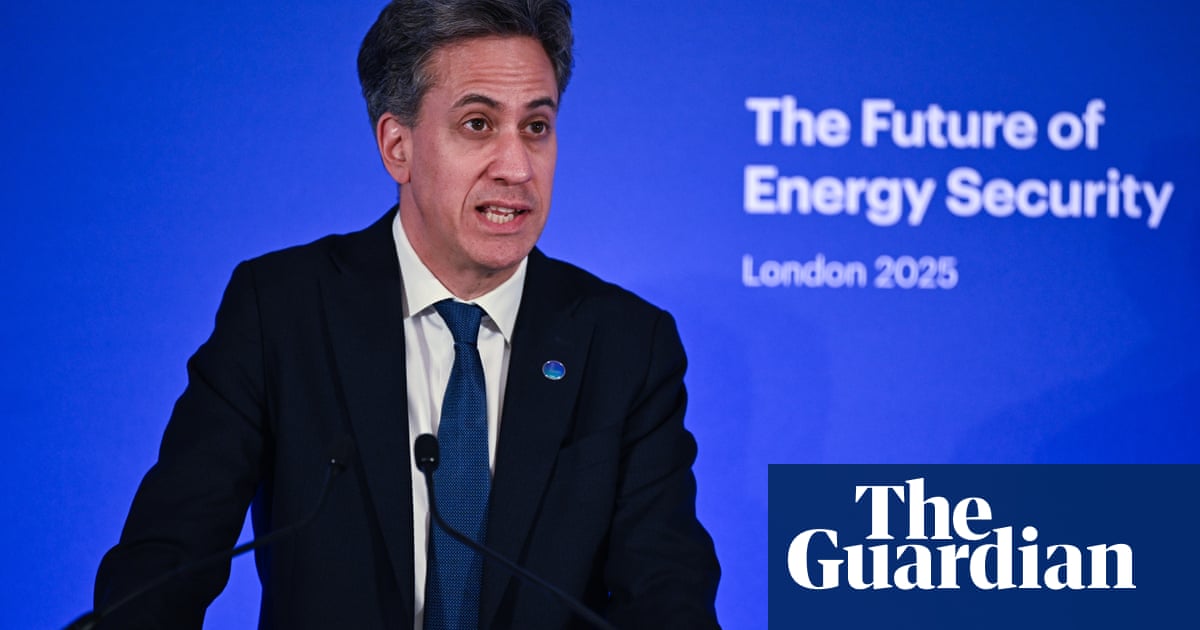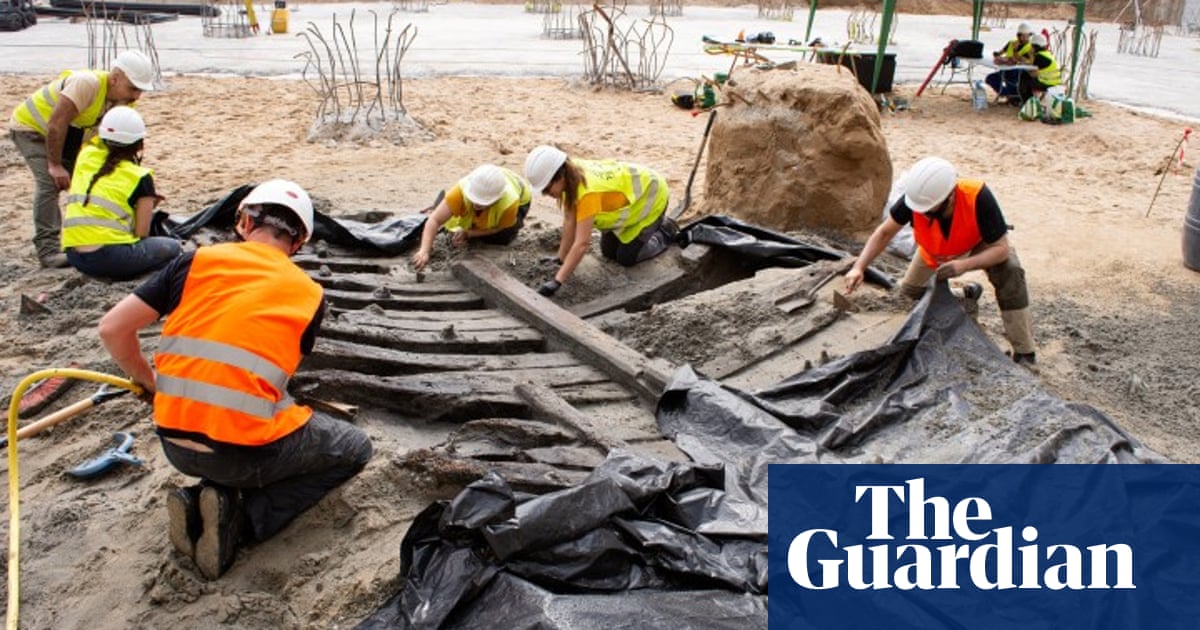Rupert Murdoch’s company, News Group Newspapers, has been accused by former detectives of having “actively frustrated” their UK investigation into phone hacking, with one concluding a senior executive could have been arrested for perverting the course of justice, according to a newly disclosed court document.
The senior executive, Will Lewis, is now chief executive and publisher of the Washington Post.
The court document refers to statements by two former detectives involved in the investigation started by London’s Metropolitan police in 2011 into phone hacking by NGN. The statements relate to the background to the deletion of millions of internal NGN emails.
One officer, Sue Akers, a former deputy assistant commissioner in the force, said it appeared that NGN sought to “actively frustrate the police inquiry and undermine our ability to carry out a thorough investigation”, it is claimed.
According to the high court document, she further claimed that if she had been aware of certain internal discussions at NGN, she would have “launched an investigation into the matter terminating all contact with [NGN’s general manager] Will Lewis, who would have been a suspect in respect of the deletions”.
A second officer in the inquiry, which was called Operation Weeting, also referred to Lewis.
Barney Ratcliffe, a retired detective inspector, “also confirms he would have terminated contact with Will Lewis as a suspect and considered arresting him for perverting the course of justice”, it is claimed.
Lewis has previously strongly denied wrongdoing. He did not comment when approached by the Guardian.
NGN strenuously denied the allegations, saying that its executives acted with integrity. The Crown Prosecution Service concluded in 2015 that there was no evidence that company email deletions were carried out to pervert the course of justice.
The claims from the former detectives are contained in a document filed with the high court in London in support of what was a long-running and hotly disputed phone-hacking litigation pursued against NGN by Prince Harry and the former deputy leader of the Labour party, Tom Watson.
The “skeleton arguments” were not made public at the time and the claims not tested at trial because the case was settled out of court in January, with a reported payout in excess of £10m in damages and legal fees in favour of the prince and Lord Watson.
NGN also offered a full and unequivocal apology to Harry for phone hacking by journalists at its Sunday tabloid, the News of the World, and the “serious intrusion by the Sun between 1996 and 2011 into his private life, including incidents of unlawful activities carried out by private investigators working for the Sun”.
No admissions were made about a further allegation of the illegal destruction of evidence, which NGN strongly denied and which a spokesperson said that they would have fought at trial.
The Guardian is able to report for the first time from the skeleton arguments after the parties agreed to provide them following an application to high court judge, Mr Justice Fancourt.
The detectives’ statements relate to the background to the deletion of millions of internal NGN emails, including in late January and early February 2011.
Lewis, who was involved in the deletion policy, was also tasked with liaising with police officers at the launch of their investigation into alleged phone hacking at the News of the World. The paper was subsequently closed because of the scandal.
In its skeleton defence, NGN strenuously rejected allegations of a cover-up. A spokesperson stated that there was a lack of contemporaneous evidence in support of the claimants’ case and that NGN had a strong a lineup of witnesses who could confirm their own position.
According to the NGN skeleton argument, the deletion of emails had been “long been in the planning, for sound commercial, IT and practical reasons”, and Harry and Watson’s claims in this area had drawn on “wholly unreasonable inferences from an incomplete account of the facts, many of which are taken entirely out of context”.
A previously unseen note from a third police officer in the summer of 2011 in which he recognised that a contractor working for NGN had failed to carry out back-up operations ordered by the company is cited in its defence skeleton.
An NGN spokesperson said Akers and Ratcliffe’s statements were a “selective and partial consideration of the contemporaneous documents”.
The spokesperson said: “NGN once again strenuously denies that there was any plan to delete emails in order to conceal evidence from a police investigation.
“Operation Weeting … was initiated in January 2011 after NGN handed incriminating material it had discovered to the Met police (MPS). From the first meeting held between NGN and the MPS, the MPS were made aware of the steps NGN had taken in relation to its historic email archive as well as the actions it had taken to preserve relevant evidence.
“NGN then worked alongside specialist IT officers at the MPS for months to reconstruct its electronic archives and those specialist officers rightly concluded that there was no deliberate attempt to destroy evidence.”
The spokesperson added: “Both during and following the criminal proceedings, the MPS and the CPS [Crown Prosecution Service] considered the actions of News International, including whether certain conduct amounted to perverting the course of justice.
“The allegations of email deletion had formed part of the prosecution case in the criminal trial in 2013-14. The investigation into News International concluded in 2015, almost 10 years ago, with a lengthy statement by the CPS deciding that no further action was to be taken in the light of there being no evidence to support an allegation of wrongdoing.”
Campaigners continue to demand that the Met and prosecutors look again at the allegations of destruction of evidence, with Watson pledging on the steps of the high court to provide Scotland Yard with a dossier of evidence that supported a further investigation.
It is accepted by both parties that NGN discovered three incriminating emails between the News of the World’s head of news, Ian Edmondson, and a private investigator, Glenn Mulcaire, providing evidence of phone hacking at the News of the World on 6 January 2011.
NGN handed these to the Met on 26 January. NGN claimed that its executives then acted responsibly in liaising with the police while carrying out long-planned email deletions that were necessary due to the frailty of their old systems.
Harry and Watson argued that instead a “concealment and destruction plan was devised” following a meeting between executives, including Lewis, [NGN chief executive] Rebekah Brooks and [NGN lawyer] Tom Crone.
This is denied. The company spokesperson said that “the evidence demonstrates unequivocally the repeated concern of those involved to back up data and preserve potentially relevant evidence in the face of an old and failing system”.
The claim from Harry and Watson goes on to allege that data from the email archive had also been deleted because of a “so-called security threat” that was said to involve Watson, then a Labour MP, seeking to purchase stolen NGN emails on the orders of Gordon Brown.
“It was obviously baseless and a bad excuse for deleting evidence”, Harry and Watson claimed.
NGN has apologised to Watson as part of the settlement of this case, on the grounds that the company now “understand that this information was false”.
The company has said that it believed that the threat was genuine at the time and that it would have proved this at trial.
In its defence skeleton, NGN cites an email from Brooks, not previously made public.
Writing after she had read a Daily Telegraph article in January 2011 that suggested that Watson had some knowledge of the structures of the company’s IT systems, Brooks wrote: “I am worried about this. I know its bollo but clearly something wrong in internal security. How do I investigate it … ”
A Met spokesperson said: “While we acknowledge that information emerging from civil proceedings is of interest to the public and the press who may be seeing it for the first time, in the vast majority of cases it is material that has already been considered as part of the numerous investigations and reviews that have previously been carried out.
“We are aware that parties in this recent case indicated an intention to pass material to us but we are yet to receive any such correspondence. In the event that we do, we will consider it carefully and proportionally, recognising the need to explore genuine lines of enquiry but acknowledging the significant resources already committed to past investigations.”

.png) 4 hours ago
7
4 hours ago
7



